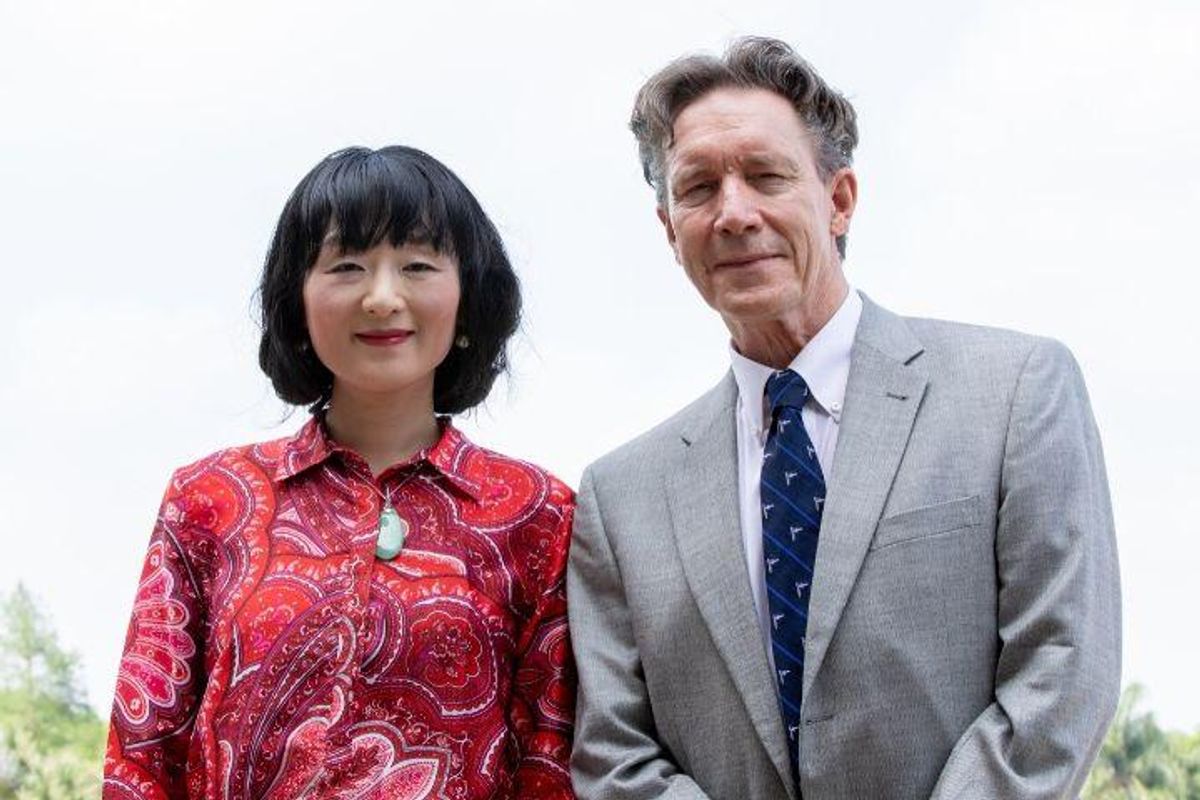UH team lands $4.7M grant for discovery linking origins of two aggressive cancers
funds granted
Frank McKeon, professor of biology and biochemistry and director of the Somatic Stem Cell Center at the University of Houston, will lead a new five-year $4.7 million grant from the National Cancer Institute to advance important findings about aggressive stomach and esophageal cancers.
McKeon and a team of researchers have already uncovered a surprising finding about two types of cancers: stomach and esophagus esophageal adenocarcinoma (EAC) and intestinal gastric cancer (iGC). According to their research, the two cancers have identical precursor stem cells or "cells of origin."
The cells are highly susceptible to mutations, which can cause them to develop into cancerous lesions.
Currently, patients who present these types of lesions struggle with an advanced disease with a low survival rate, according to a statement from UH.
"We anticipate that the identification of these cells will enable drug discovery to pre-empt these cancers at their site of origin,” McKeon said in a statement.
Uncovering this information about the cancers' cells of origin also helps researchers group EAC and iGC as a cluster distinct from other gastric and esophageal cancers.
McKeon will be joined on the project by Wa Xian, research associate professor of biology and biochemistry at UH, and Dr. Jaffer Ajani of MD Anderson Cancer Center.
Xian is an expert in stem cell cloning. The team aims to clone the EAC and iGC precursor legions to better understand the evolution of the cancers as part of their research.
"We anticipate that our studies will provide new insights into the biology and origin of these remarkably similar and widespread cancers, provide datasets essential for prospective early detection screens and yield highly selective therapeutics that eliminate the nascent lesions essential for the evolution of these cancers,” McKeon added in the statement.
Other UH researchers have received major grants for cancer-fighting innovations in recent months. Shaun Zhang, director of the Center for Nuclear Receptors and Cell Signaling at the University of Houston and a M.D. Anderson professor in the Department of Biology & Biochemistry, received a $1.8 million grant from the National Institutes of Health to develop a cancer-fighting virus in July.
The nonprofit Cancer Prevention & Research Institute of Texas (CPRIT) also shelled out nearly $22 million in grants to successfully lure nine high-profile cancer researchers to Houston late last year.

